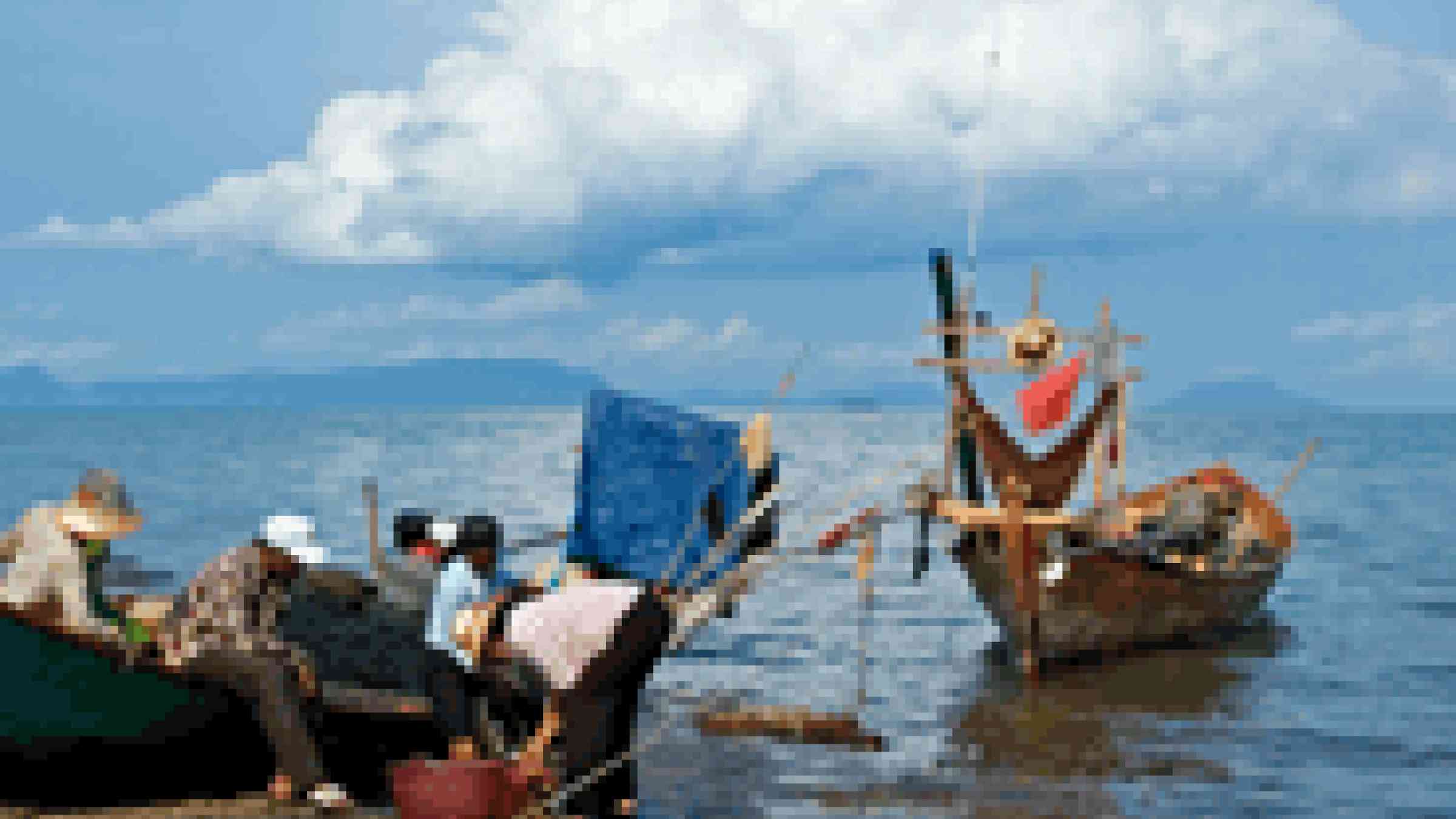Preparedness is essential to saving lives: EC provides € 27.325 million for disaster preparedness

Press Release IP/08/458, Brussels
In line with its commitment to support Disaster Risk Reduction, the European Commission has allocated €27.325 million from the humanitarian aid budget to improve the capacities of communities at risk in Central America, Central Asia and South East Asia, so that they can better prepare for and protect themselves against natural disasters. The funds will be channelled through the European Commission's humanitarian aid department (DG ECHO) under the direct responsibility of Commissioner Louis Michel. With these DIPECHO (Disaster Preparedness ECHO) decisions, the Commission underlines its commitment to improving the capacities of communities at risk from natural disasters, in line with the Hyogo Framework for Action 2005-2015.
"Every year the Commission provides humanitarian assistance following natural disasters such as earthquakes, floods, cyclones and typhoons" says Commissioner Michel. "Considering the current trends in climate change related natural disasters, helping the disaster-prone communities to be better prepared for disasters is essential to saving lives".
Three decisions – one for each region – have been adopted – €10 million will go to Central America (Costa Rica, El Salvador, Guatemala, Honduras, Nicaragua, Panama) €10 million to South East Asia (Cambodia, Indonesia, Lao PDR, the Philippines, Timor Leste and Vietnam, while through regional initiatives Burma/Myanmar and Thailand), and € 7.325 million to Central Asia (Kazakhstan, Kyrgyzstan, Tajikistan, Turkmenistan and Uzbekistan).
The allocated funds will target the most vulnerable local communities and their institutions, those at greatest risk from natural hazards and with the lowest coping capacities. The aim is that they will be better able to save lives and protect livelihoods if disaster strikes. The goal is also to improve advocacy for Disaster Risk Reduction (DRR) measures by means of better exchange of information, documentation of lessons learned and best practices which can be replicated and therefore sustained. Integration of DRR into local development and economic plans will be further promoted. The Programme will also support the dissemination of recently adopted disaster management bills and national strategies.
These three regions are particularly vulnerable to natural disasters such as, earthquakes, hurricanes/cyclones, tropical storms, floods and landslides, drought and volcanoes. The losses and destruction that result from such disasters are very significant from a social and economic point of view and reduce the development potential of the three regions, indirectly slowing down the achievement of the Millennium Development Goals Proposed actions will look at integrating climate change adaptation into DRR and how this can be communicated to populations at risk.
As well as large scale disasters, these regions, particularly Central America and South East Asia, are frequently hit by small-scale disasters which affect communities which are already very vulnerable, causing considerable damage to their livelihoods. It is important to highlight that, during the recent floods in Vietnam and the Philippines, hurricane Felix in Nicaragua and the earthquake in Kyrgyzstan, communities and local authorities participating in ongoing or previous DIPECHO projects could evacuate and respond faster and in a more organised way, saving many lives.
The Commission is a major donor for such "people-centred" initiatives that aim to create models which can be replicated and scaled-up by governments and development agencies within the Disaster Risk Reduction framework.
The strategies of the three DIPECHO Actions Plans have been defined in close co-operation with non-governmental and international organisations, local authorities and other stakeholders, within the framework of extensive consultative meetings.